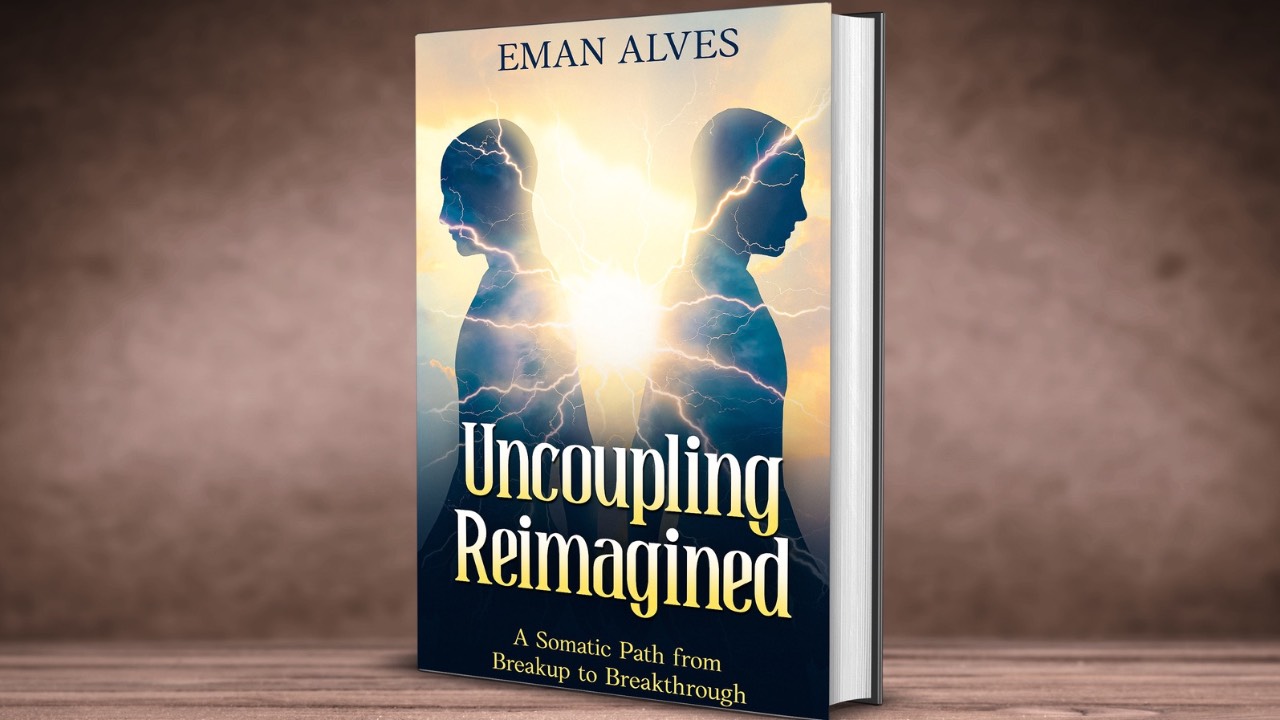What Is Conscious Uncoupling?

Conscious uncoupling is a structured, respectful approach to ending a romantic relationship. Instead of relying on blame, conflict, or emotional reactivity, this method focuses on clarity, personal responsibility, and healthy communication. Its goal is to support both people in transitioning out of the relationship with minimal harm and a greater sense of closure.
The term became widely known in 2014, when Gwyneth Paltrow used it to describe her separation, though the concept originates from therapist Katherine Woodward Thomas. Today, “conscious uncoupling” is often used to describe any breakup process that prioritizes maturity and emotional well-being.
For a free booklet on more details on conscious uncoupling process and know-hows access our free resources library.
Key Principles of Conscious Uncoupling
Although approaches may vary, most definitions of conscious uncoupling include these core elements:
1. Mutual Respect
Both individuals are encouraged to treat each other with dignity, regardless of the relationship’s challenges or reasons for ending.
2. Emotional Responsibility
Rather than assigning blame, each person reflects on their own patterns, behaviors, and contributions to the relationship dynamic.
3. Clear Communication
Discussions about separation focus on honesty, boundaries, and the practical realities of ending the partnership.
4. Structured Transitioning
Couples create an intentional plan for how to separate—not just emotionally, but also logistically. This may include financial agreements, living arrangements, or co-parenting plans.
5. Focus on Well-Being
The aim is to reduce unnecessary emotional harm and to support both partners’ stability, especially if children or shared responsibilities are involved.
Why People Choose Conscious Uncoupling
People often turn to conscious uncoupling because they want a healthier, more cooperative way to navigate separation. Common reasons include:
-
Avoiding high-conflict breakups or long-term resentment
-
Protecting mental health during a difficult transition
-
Providing stability for children
-
Maintaining a functional relationship post-breakup (e.g., as co-parents or colleagues)
-
Preventing old patterns or emotional wounds from repeating in future relationships
This approach is useful for both married and unmarried couples, and can be applied whether the breakup is mutual or initiated by one partner.
How Conscious Uncoupling Works
While there is no single “correct” method, conscious uncoupling typically includes these steps:
1. Reflection
Each person takes time to understand why the relationship is ending and what personal patterns may need attention moving forward.
2. Communication
The couple discusses the separation in a calm, structured way. This may involve outlining concerns, expectations, new boundaries, or priorities.
3. Planning the Transition
The partners decide how they will separate emotionally, logistically, and—if relevant—legally. This includes financial decisions, co-parenting structure, shared property, or household matters.
4. Emotional Processing
Both individuals work through their feelings, either alone or with professional support, to ensure that the separation is as stable as possible.
5. Integration
After the separation, each person continues to adjust to their new circumstances in a grounded, intentional way.
Benefits of Conscious Uncoupling
People who choose this method often report:
-
Reduced conflict and emotional reactivity
-
Clearer communication during and after the breakup
-
Stronger co-parenting relationships
-
Healthier emotional recovery
-
More stability for households affected by the transition
-
A greater sense of closure and understanding
While conscious uncoupling doesn’t eliminate the pain of separation, it can significantly reduce unnecessary distress.
Is Conscious Uncoupling Right for Everyone?
Conscious uncoupling can be helpful for many couples, but it may not be suitable in every situation.
It may be difficult to apply if:
-
There is ongoing abuse or coercion
-
One partner refuses respectful communication
-
Safety concerns are present
-
Major decisions must be made quickly
In these cases, professional support and safety planning are essential.
Final Thoughts
Conscious uncoupling is not about pretending breakups are easy. Instead, it provides a framework for navigating separation with clarity, maturity, and reduced harm. For many people, it creates space for healthier emotional transitions and more stable long-term outcomes—both individually and for families.
For a free booklet on more details on conscious uncoupling process and know-hows access our free resources library.
SUBSCRIBE TO RECEIVE OUR NEWSLETTERS
We hate SPAM. We will never sell your information, for any reason.


